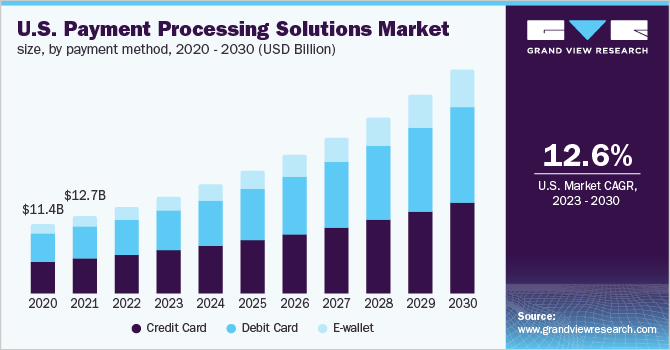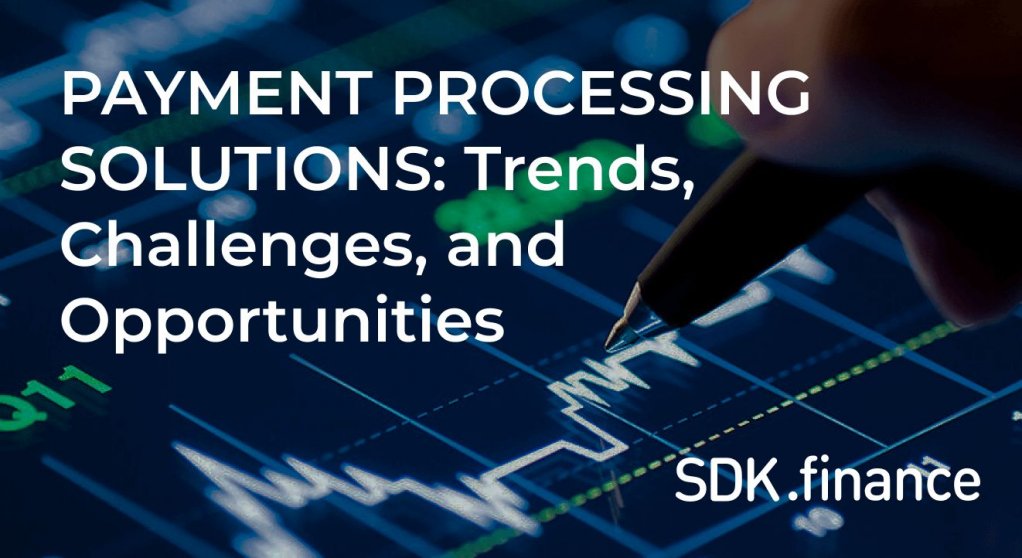AUTHOR : ANNU CHAUHAN
DATE : 25-08-2023
In today’s rapidly evolving digital landscape, businesses are constantly seeking efficient and also reliable solutions to manage their financial transactions. Payment processing plays a pivotal role in facilitating seamless transactions, and also businesses of all sizes are in need of reliable methods to handle their payments securely. In this article, we will delve into the world of payment processing solutions, exploring their benefits, types, and how they contribute to the success of modern businesses.
Introduction
Payment processing solutions have revolutionized the way businesses conduct transactions. Gone are the days of relying solely on cash or checks; today’s businesses thrive on the efficiency also convenience offered by advanced payment processing methods. From small startups to established enterprises, the need for reliable also secure payment solutions has never been greater.
The Importance of Payment Processing
Effective payment processing is the backbone of any successful business. It ensures that customers can complete their purchases seamlessly, resulting in higher customer satisfaction and also increased sales. Businesses that offer a variety of payment options, including credit cards, digital wallets, also mobile payments, cater to a broader customer base, thus enhancing their market reach.
Types of Payment Processing Solutions
3.1 Traditional Point-of-Sale (POS) Systems
Traditional POS systems are the foundation of retail transactions. They allow customers to make purchases by swiping or inserting their credit or debit cards, and also the system securely processes the payment. These systems are essential for brick-and-mortar stores.
3.2 Online Payment Gateways
Online payment gateways facilitate e-commerce transactions by securely transmitting payment information between websites and banks also. They encrypt sensitive data, providing customers with a safe way to pay for their online purchases.
3.3 Mobile Payment Solutions
Mobile payment solutions, such as digital wallets and also mobile apps, enable customers to make payments using their smartphones. These solutions have gained popularity due to their convenience and speed.
3.4 Cryptocurrency Payment Processors
Cryptocurrency payment processors allow businesses to accept digital currencies as payment. This emerging trend opens doors to global transactions without the need for traditional currency conversion.
Key Features to Look for in a Payment Processing Solution
4.1 Security and Fraud Prevention
Security is paramount in payment processing. The ideal solution should have encryption, tokenization, and robust fraud detection measures to safeguard both business and customer data also.
4.2 Integration Capabilities
A good payment processing solution seamlessly integrates with a business’s existing systems, whether it’s an e-commerce platform or an inventory management system.
4.3 Multi-Currency Support
For businesses with international customers, multi-currency support is essential. This feature eliminates currency conversion complexities and provides a smoother shopping experience also.
4.4 Reporting and Analytics
Insightful reporting and analytics help businesses understand sales trends, customer preferences, and also peak transaction times, enabling informed decision-making.

Advantages of Using Payment Processing Solutions
5.1 Enhanced Customer Experience
Smooth payment processes contribute to positive customer experiences, fostering loyalty and also encouraging repeat business.
5.2 Improved Cash Flow Management
Payment processing solutions accelerate cash flow by reducing the time it takes for transactions to be completed and funds to be transferred also.
5.3 Accessibility and Convenience
Customers appreciate the convenience of various payment options, making it more likely for them to finalize purchases.
Challenges in Payment Processing
6.1 Security Concerns
The digital nature of payment processing brings the risk of data breaches and also cyberattacks. Businesses must stay vigilant in safeguarding sensitive information.
6.2 Technical Glitches
System errors and technical glitches can lead to failed transactions also frustrated customers. Regular maintenance and updates are crucial to prevent such issues.
6.3 Regulatory Compliance
Payment processors must adhere to industry regulations and standards to ensure legality and security.

Selecting the Right Payment Processing Solution
Choosing the right payment processing solution depends on factors like business type, target market, and transaction volume. Thorough research and consultation with experts can lead to an informed decision.
Integrating Payment Solutions into Your Business
Integrating payment solutions seamlessly into a business’s operations requires careful planning and implementation. Staff training and customer education are also vital for a smooth transition.
Future Trends in Payment Processing
9.1 Biometric Authentication
Biometric verification, such as fingerprint or facial recognition, enhances security and simplifies the payment process.
9.2 Artificial Intelligence in Fraud Detection
AI-powered algorithms can detect unusual patterns and potential fraud, providing an extra layer of protection.
9.3 Blockchain Technology for Transparency
Blockchain’s decentralized nature can offer transparency and traceability for transactions, reducing the risk of disputes.
Conclusion
In the ever-evolving world of business, payment processing solutions continue to drive growth and convenience. By providing seamless, secure, and flexible payment options, businesses can enhance customer satisfaction, streamline operations, and stay competitive in an increasingly digital marketplace.
FAQs
- What is payment processing, and why is it important for businesses? Payment processing involves handling financial transactions between buyers and sellers. It’s crucial for businesses to offer smooth payment experiences to attract and retain customers.
- What are some common challenges in payment processing? Challenges include security threats, technical glitches, and staying compliant with regulations in the ever-changing financial landscape.
- How do mobile payment solutions benefit businesses? Mobile payment solutions offer convenience and speed, making it easier for customers to complete transactions, ultimately boosting sales.
- What should businesses consider when choosing a payment processing solution? Factors like security features, integration capabilities, and the ability to support multiple currencies are essential considerations.
- What does the future hold for payment processing?
The future likely involves more advanced security measures, increased reliance on biometrics, and the potential integration of blockchain technology for transpar





